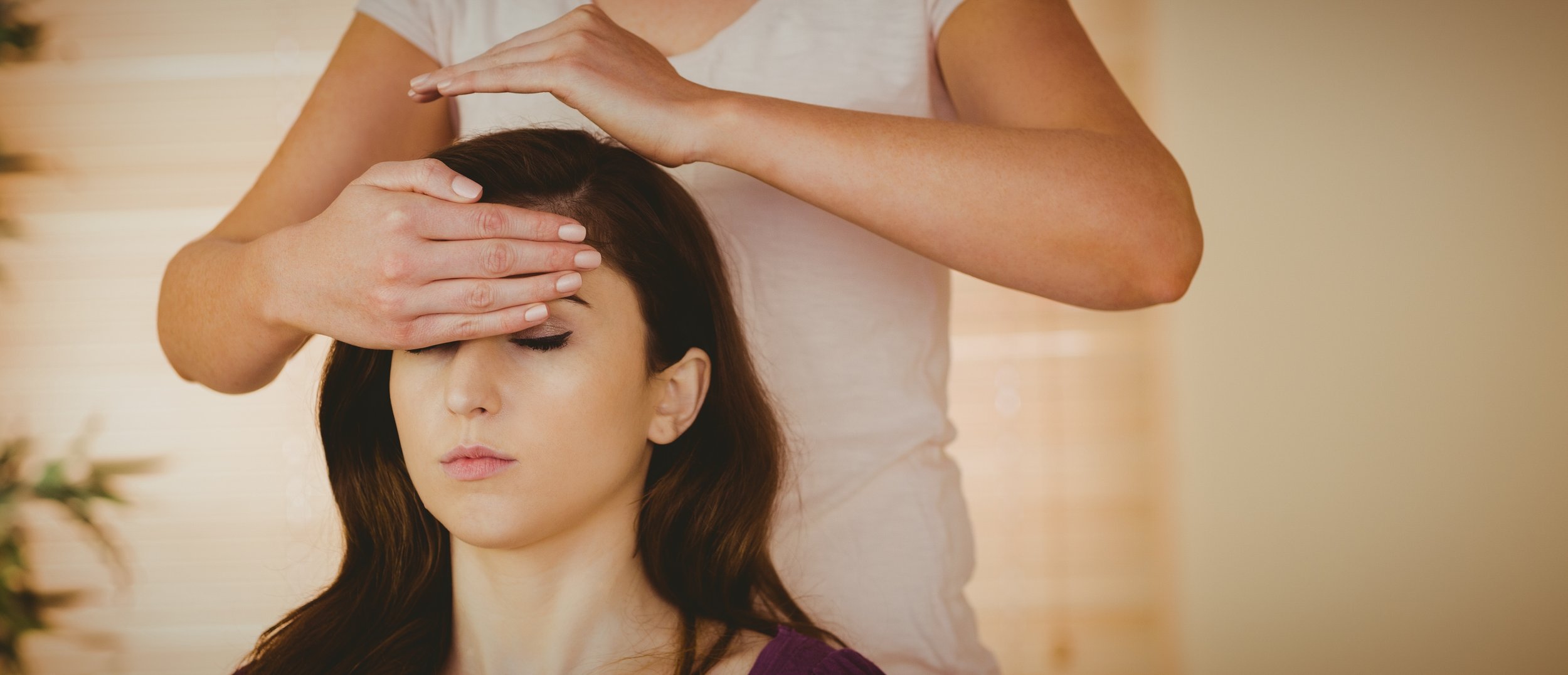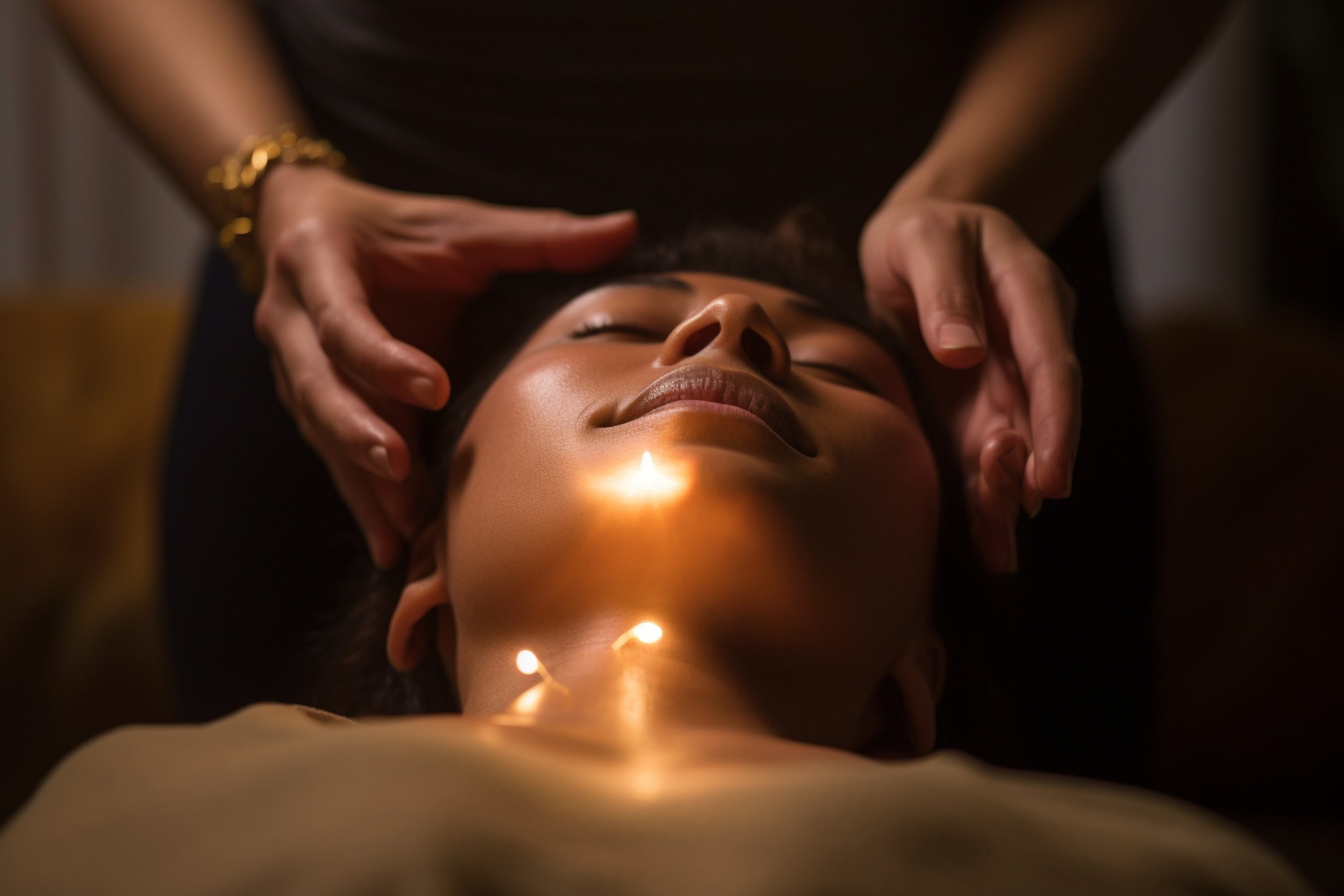
REIKI HEALING
Virtual & In-person Appointments Available
WHAT IS REIKI?
Reiki is a Japanese healing practice based on the concept of channeling universal life force energy. It involves the practitioner placing their hands lightly on or above the recipient's body to promote physical, emotional, and spiritual well-being. Reiki helps activate the body's natural healing abilities, promoting relaxation, reducing stress, and balancing energy. It is a non-invasive, complementary therapy that can be used alongside conventional medical treatments.
As a Jikiden Reiki practitioner, I was trained in a traditional form of Reiki that seeks to preserve the original teachings and practices of Reiki as established by its founder, Mikao Usui. The training in Jikiden Reiki is often more rigorous and detailed compared to some Western styles. Jikiden Reiki is taught as it was practiced in Japan in the 1920s and 30s, without Western influences. It aims to preserve the original teachings of Usui in the purest form.
Pain Relief
Boosted Immunity
Reduced Inflammation
Improved Sleep
Enhanced Energy Levels
Accelerated Healing
Improved Digestion
Relief from Medical Treatment Side Effects
Enhanced Circulation
PHYSICAL BENEFITS
Stress Reduction
Emotional Balance
Improved Mental Focus
Reduced Anxiety and Depression Symptoms
Enhanced Self-Reflection and Intuition
Promotion of Mindfulness and Well-being
Empowerment and Self-Care
MENTAL BENEFITS
Enhanced Energy Flow
Deep Relaxation and Stress Relief
Heightened Intuition
Emotional Healing
Connection to Universal Energy
Self-Reflection and Self-Awareness
Release of Energetic Attachments
Alignment with Higher Consciousness
Increased Vibrational Frequency
A Sense of Purpose and Meaning
SPIRITUAL BENEFITS
Common Reiki FAQs
-
No, Reiki is not a religion. Reiki is a spiritual healing practice that originated in Japan in the early 20th century. While it incorporates some spiritual principles, it is not tied to a specific religious belief system. Reiki is often considered a form of alternative therapy or complementary medicine, and people from various religious backgrounds may practice or receive Reiki without it conflicting with their personal beliefs. The practice is based on the idea of channeling universal life energy to promote healing, balance, and well-being.
-
During a Reiki session, the recipient typically lies down fully clothed on a treatment table, while the Reiki practitioner places their hands lightly on or just above various parts of the body. The session follows a general pattern, but specifics can vary depending on the practitioner's approach.
-
The experience of a Reiki session can vary widely among individuals. Many people experience a profound sense of relaxation during a Reiki session.
Some report feeling heat or warmth emanating from the practitioner's hands. Others may feel a cool or cold sensation during the session.
People may feel tingling or a subtle vibration in the areas where the practitioner's hands are placed.
Occasionally, individuals may experience an emotional release during or after a session.
A Reiki session may lead to a profound sense of inner peace, stillness, or tranquility.
Some people report heightened awareness of their own body, thoughts, or emotions during a session.
Some individuals may not experience anything at all.




